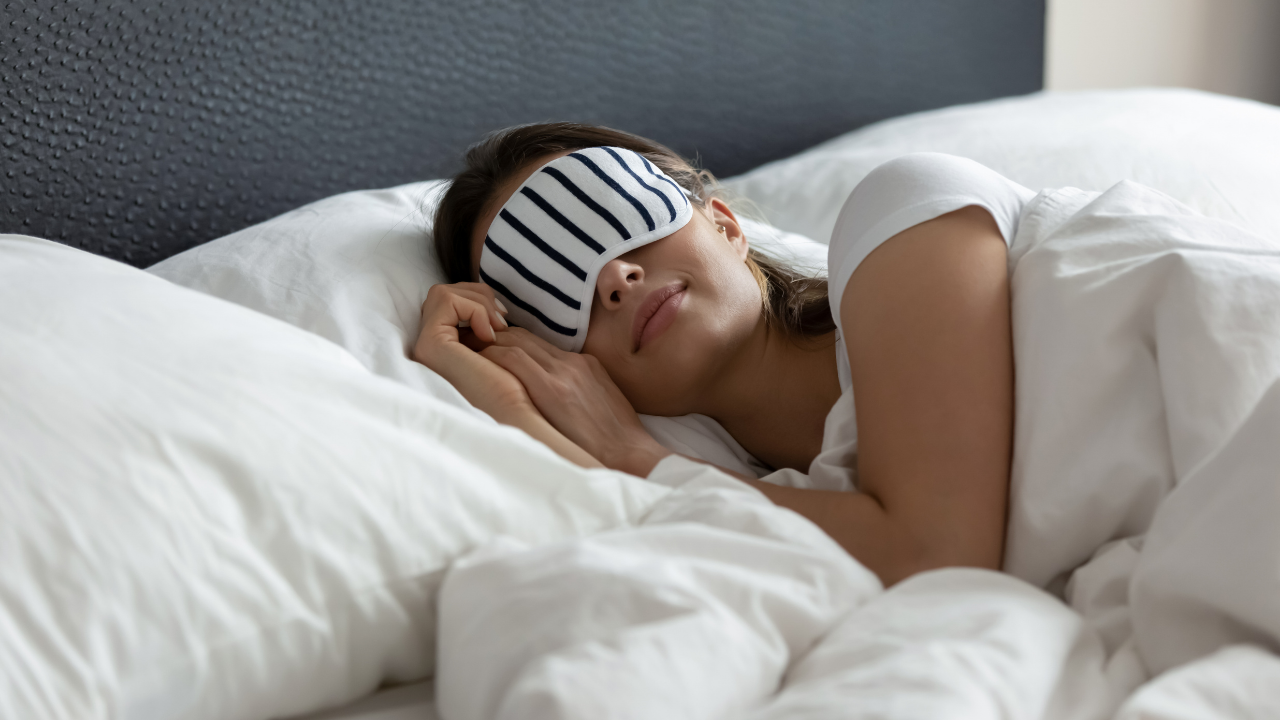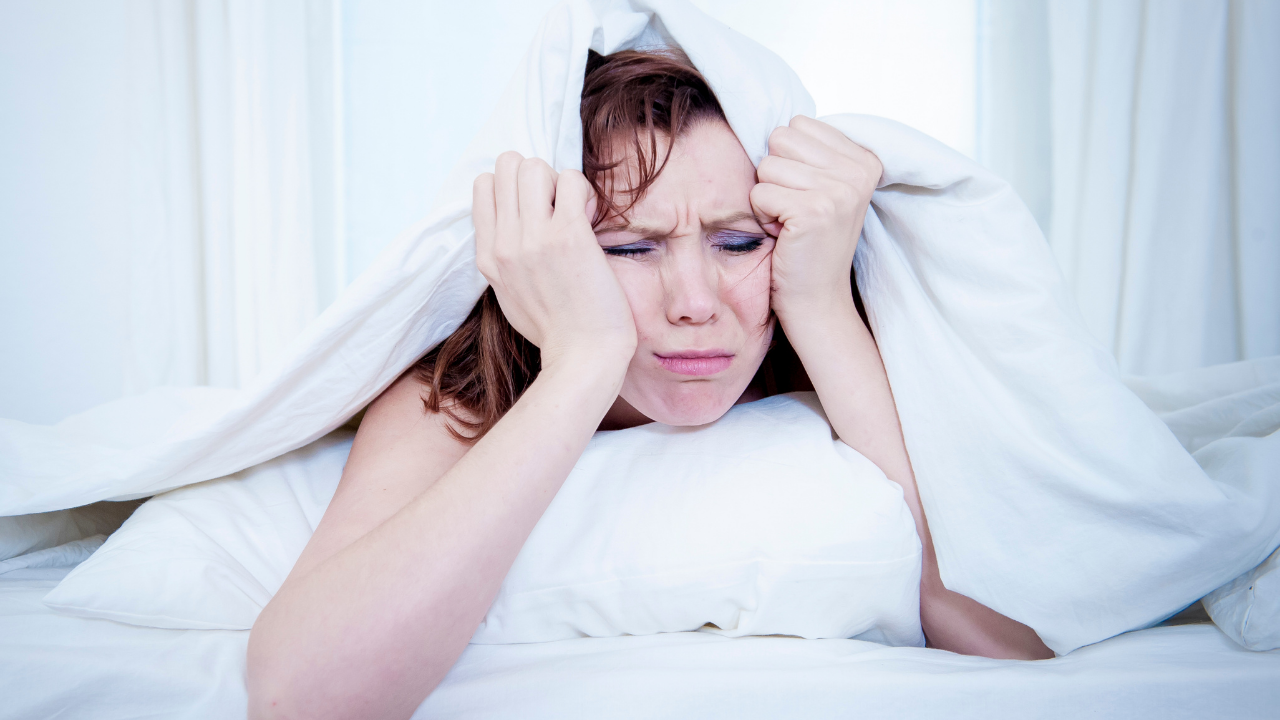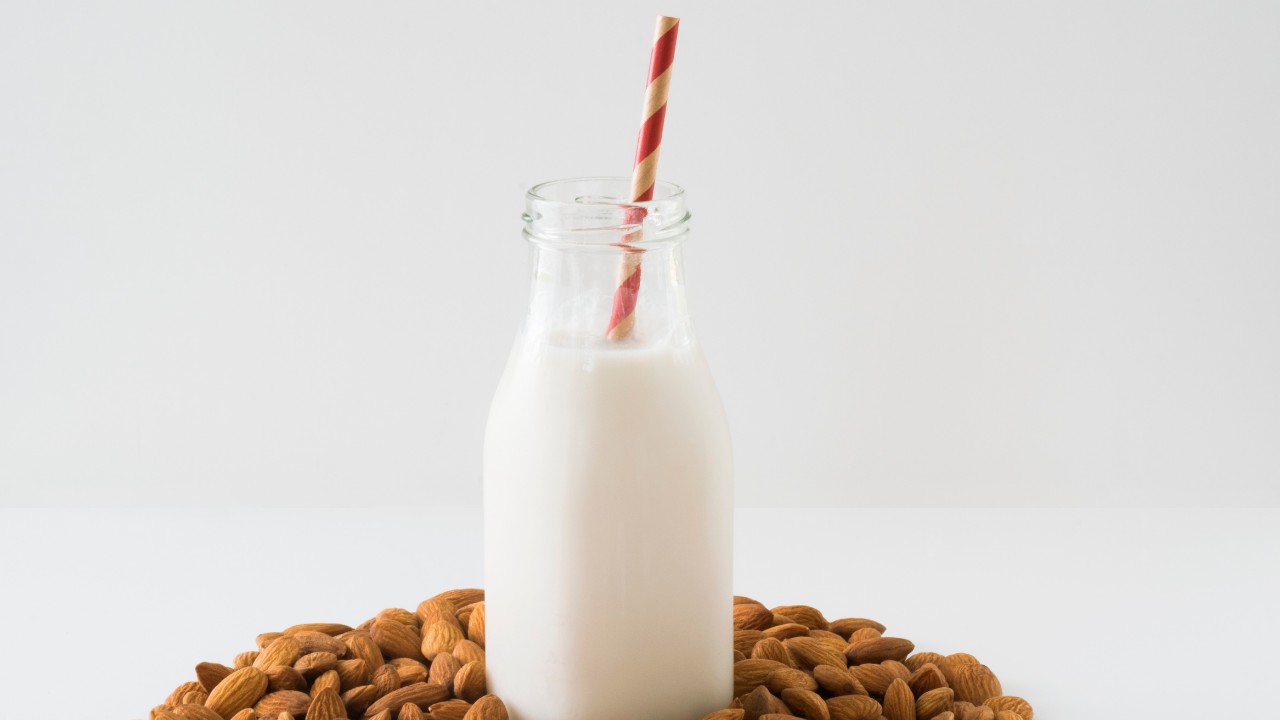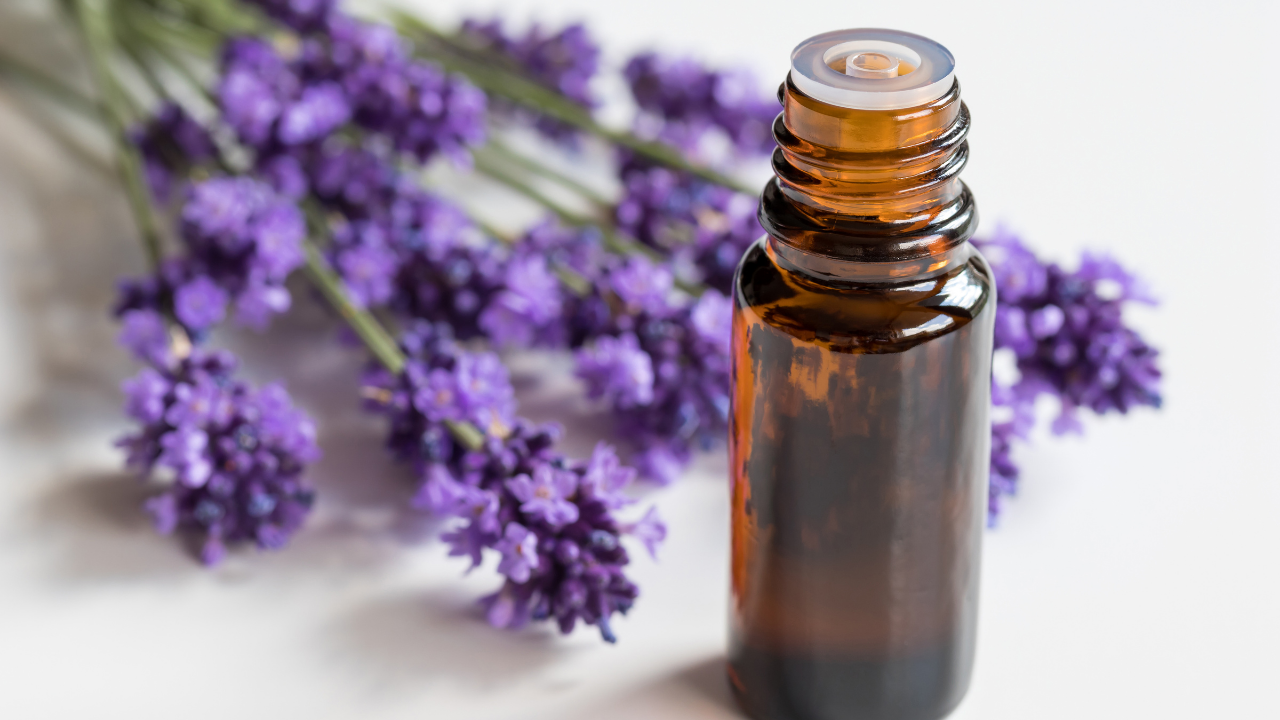
10 Tips To Improve Sleep and Help You Lose Weight
May 17, 2022If you are having trouble sleeping, you aren’t alone – while studies vary in their numbers, it’s possible that as many as 50% of adults live with chronic insomnia. And for most of us, the quality of our sleep will decrease at some point in our lives, especially during perimenopause and menopause.
We do know that there is a link between inadequate sleep (less than 7.5 hours/night) and weight gain. Insufficient sleep messes with the hormones that regulate hunger and fullness. It decreases leptin levels, which make it hard to feel full. It also increases ghrelin levels, which makes you hungrier. Great!!! (NOT!)

Try out these tips to improve your sleep, and help you lose those pounds:
1. Establish a consistent bedtime routine, and try to go to bed at the same time every night.
2. Get plenty of exercise during the day – but not within 3 hours of bedtime. The more energy you expend during the day, the sleepier you will feel at bedtime.
3. Reduce or eliminate your intake of caffeine, stimulants and alcohol. Even when consumed early in the day, these can affect sleep. Try not to have caffeine after 12 pm. Not kidding.
4. Avoid large meals late in the evening. This takes energy and blood for digestion, leaving inadequate amounts for sleep. If you’ve had an early dinner and find yourself physically hungry a few hours later, have a small snack, like a spoonful of almond butter, a handful of macadamia nuts, or our favorite collagen milk drink (blend 2 scoops collagen peptides with 8 oz. unsweetened vanilla almond milk and enjoy!). It will increase serotonin production in the brain and make you feel more relaxed.

5. Turn off all electronics AT LEAST one hour before bed. TV, phone, tablet, and computer screens emit blue light, which suppresses melatonin production in the brain. So, shut off the gadgets and pick up a book (or just cuddle with someone you love).
6. Learn and practice a relaxation technique regularly: Breathing exercises, meditation and yoga are good examples. The simplest breathing technique to learn is Box Breathing: inhale through your nose for a count of 4, hold the breath for a count of 4, exhale through your nose for a count of 4, and hold the exhale for a count of 4. Repeat four times.
7. Chamomile tea works wonders for relaxation and promoting sleepiness.
8. Aromatherapy – Lavender has been shown to promote relaxation. Try inhaling some pure lavender essential oil before you go to sleep or putting drops of lavender on your pillow.

9. Supplements, like Valerian, Melatonin, Magnesium, and kava kava have been shown to help with insomnia. HOWEVER, there is no regulation over supplements for purity, nor are you assured that you are actually getting the amount that the manufacturers claim are in the bottle. If you want to try an herbal remedy, first consult with a practitioner who specializes in supplements (a Registered Dietitian Nutritionist, Naturopath, Chinese medicine doctor).
*Magnesium – most people are magnesium deficient which is unfortunate as magnesium is the “king of minerals,” playing a role in more than 300 reactions in the body. Not all magnesium supplements are the same. The best forms of magnesium to promote relaxation and calm the mind (and NOT give you disaster-pants) are magnesium glycinate, magnesium bisglycinate, and magnesium l-threonate. Let us know if you need help finding a good brand of magnesium. Read all about Magnesium in our blog, Find Out Why Magnesium is The King of Minerals.
10. Don’t obsess about not sleeping. Instead, remind yourself that while sleeplessness is troublesome, it isn’t life-threatening.

